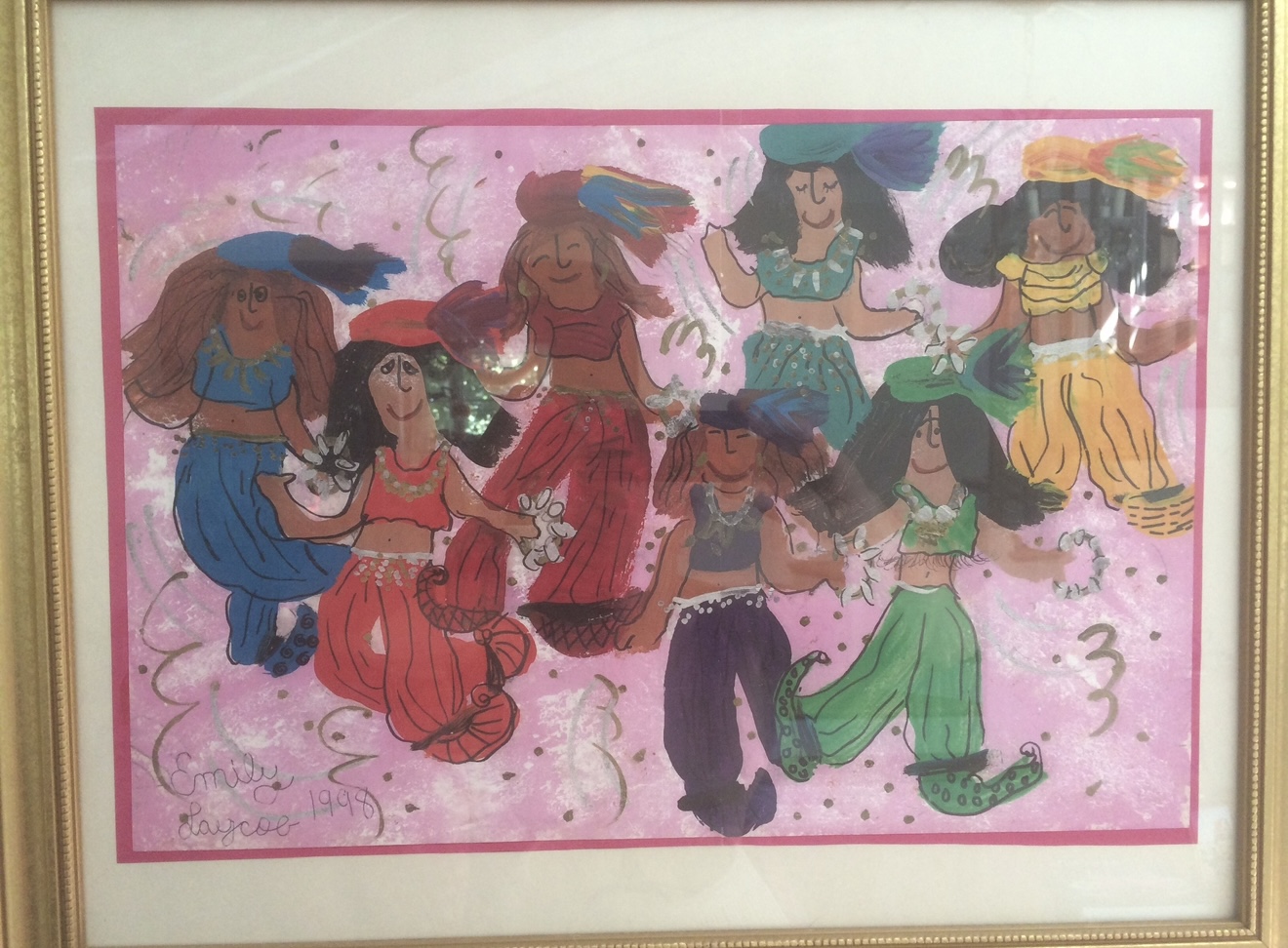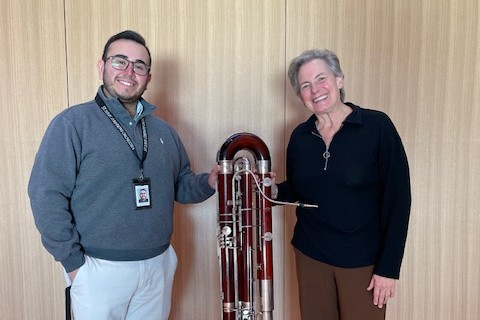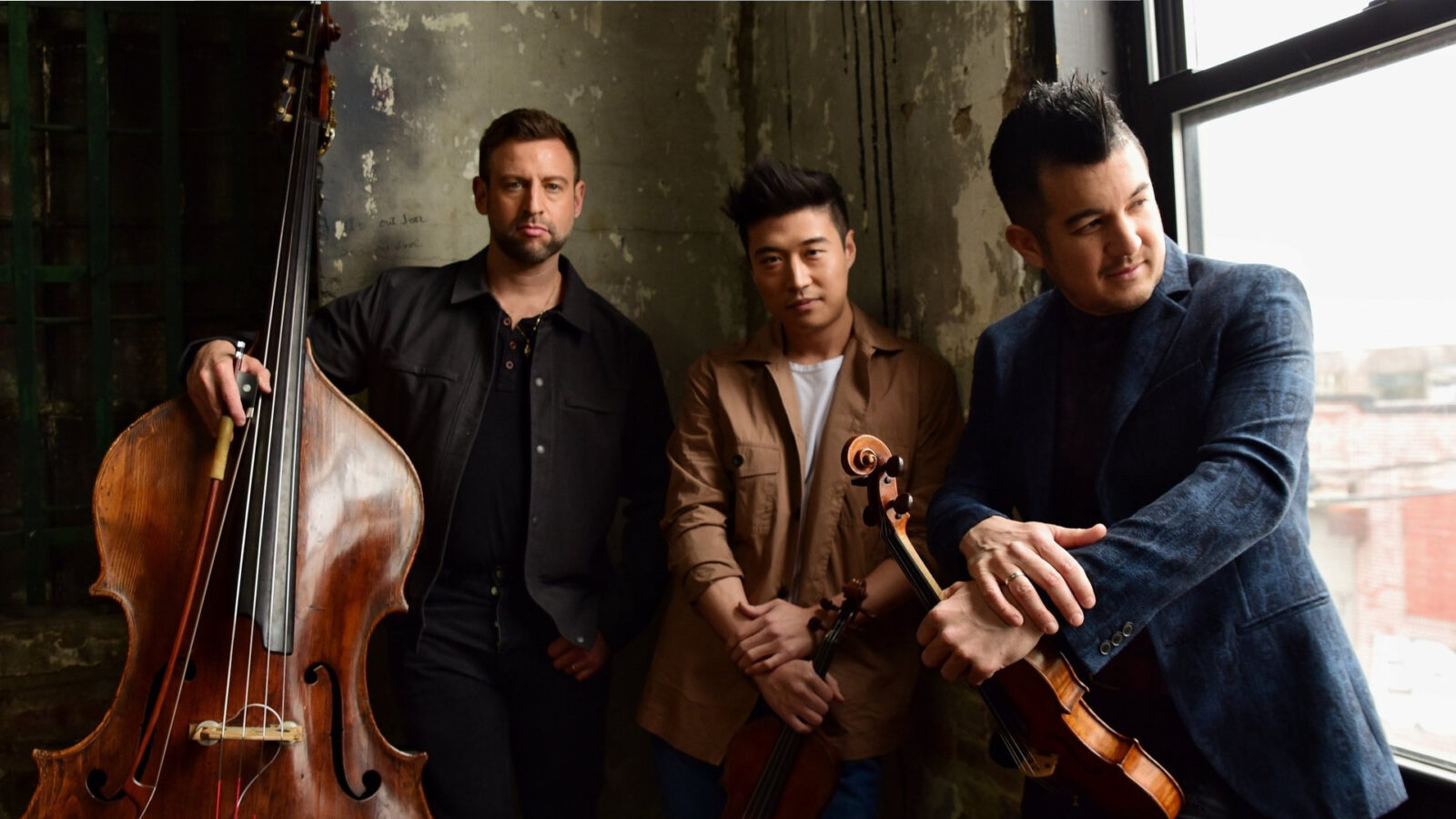Five Questions with Composer Daniel Slatkin
By Eric Dundon
Daniel Slatkin grew up in a musical household. His father, Leonard Slatkin, is the SLSO’s Conductor Laureate. His grandparents performed on sound stages in Hollywood and on major soundtracks. Now, he is making his mark on the music industry as a composer for films, documentaries, and the concert hall. His newest work for orchestra, Voyager 130, will receive its U.S. premiere October 25 and 27 with the SLSO, under the direction of Leonard Slatkin.
Daniel Slatkin shares his insights into the piece and what he hopes listeners will hear.

This interview was edited for length and clarity.
SLSO: You grew up in a musical family. Does that deep musical history have an influence on your voice as a composer? If so, how?
Daniel Slatkin: It absolutely does, particularly from the standpoint of how much orchestral music I’ve been exposed to. I have a strong memory when it comes to recalling sounds. Growing up attending many concerts, as well as watching classic movies (with equally classic scores) with my dad at home, my creative sense comes from thinking back and hearing a specific orchestral sound that I’m looking for, whether that’s consciously or subconsciously, and applying that to what I’m trying to achieve in that instance. I also find myself writing for solo violin and cello quite often—my grandparents’ instruments. It might just be a coincidence, but it’s an interesting connection.
Your piece, Voyager 130, takes inspiration from NASA’s Voyager program. How does that inspiration manifest through the music?
Aboard both Voyager spacecrafts is the Golden Record, a literal golden photograph record which features a recording of the Cavatina from Beethoven’s 13th String Quartet, Opus 130—hence the 130 in the title of my piece. I was particularly enchanted by this piece when I began writing and sought to musically describe Voyager’s journey through space. I use melodies from Beethoven’s piece, as well as a few other recordings from the record, including a series of greetings in various languages and sounds of nature. I then applied these elements to a clear musical story arc, starting at the launchpad and ultimately ending in deep space, where both Voyagers are now.
Tell us about your composition process.
Much of my process is improvisatory. While my main instrument is piano, it wasn’t until I started playing electric bass in high school that I understood the power of making music more freely, simply discovering what melodies or chord progressions the music seemed to be ‘asking’ for, and being reactive to it. More important for me than that, however, is not thinking about how the music is written, but rather why I’m writing it. It has to have a purpose beyond sounding good to the ear—it needs to tell a specific story or emotion. How I write the music varies from day to day, but once I have found that particular piece’s purpose, the how shows itself pretty quickly.
The piece receives its U.S. premiere with the SLSO, conducted by your father Leonard Slatkin. What has the process been like with him? How does your relationship impact the process of music making?
He’s treated me like any other composer who’s written a new piece. In early versions, if there was a section he felt wasn’t working, he was unafraid to tell me “try again.” Regardless of my relation to him, I have been incredibly grateful to gain his expertise and understand his musicianship at a much deeper level through our many discussions about the piece. I do not take that for granted, and it has made me a better composer as a result.
What should audiences listen for in your piece? What do you hope they take away from listening?
Listen for three things: First, the aforementioned recordings from other portions of the Golden Record. Second, listen for a solo oboe playing staccato “beeps” throughout the piece. This motif represents Voyager itself. And lastly, simply listen for the story that I’ve aimed to tell musically. Ultimately, I hope that audiences are taken on a cosmic journey, with an appreciation for how far humankind’s reach has stretched thus far.
Eric Dundon is the SLSO’s Public Relations Director.


